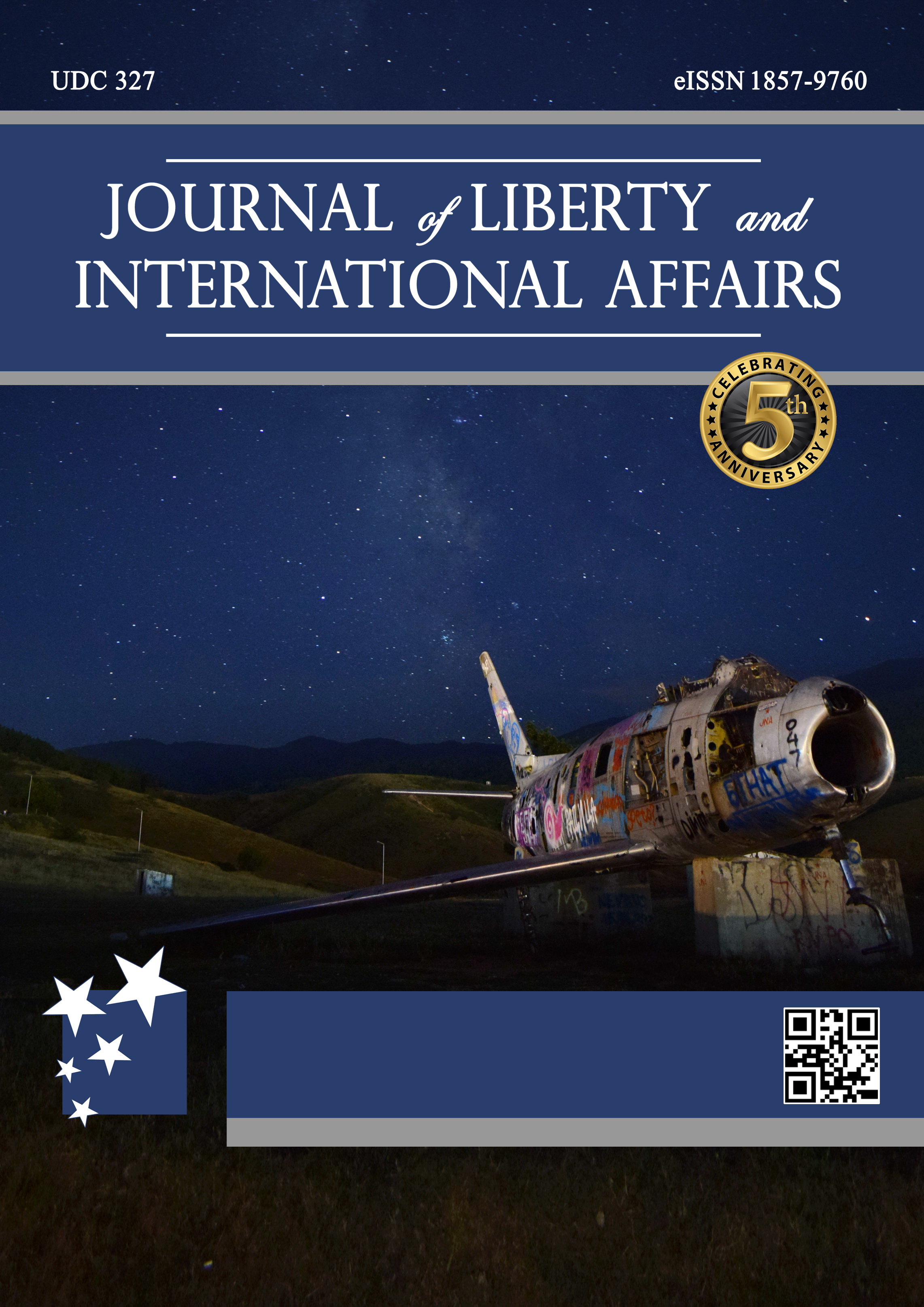SUSTAINING POWER THROUGH EXTERNAL THREATS:
THE POWER OF ENEMY IMAGES IN RUSSIA AND AZERBAIJAN
SUSTAINING POWER THROUGH EXTERNAL THREATS:
THE POWER OF ENEMY IMAGES IN RUSSIA AND AZERBAIJAN
Author(s): Aram TerzyanSubject(s): Politics / Political Sciences, Politics, Social Sciences, Political Theory, Political Sciences, Civil Society, Governance, Government/Political systems, International relations/trade, Security and defense, Military policy, Developing nations, Political behavior, Political economy, Political psychology, Politics and law, Politics and communication, Politics and religion, Politics and society, History and theory of political science, Comparative politics, Inter-Ethnic Relations, EU-Approach / EU-Accession / EU-Development, Geopolitics, Politics of History/Memory, Politics and Identity, Corruption - Transparency - Anti-Corruption, Peace and Conflict Studies, Asylum, Refugees, Migration as Policy-fields
Published by: Institute for Research and European Studies - Bitola
Keywords: Russia; Azerbaijan; Authoritarian Regimes; Enemy Images; Legitimation
Summary/Abstract: Despite the growing body of research on authoritarian regimes, few studies address the issues of their legitimization through exaggerating external threats and constructing enemy images. Targeting the gap in the literature, this article explores the discursive strategies of ‘evilization’ and demonization of the ‘other’, with a focus on their implications for legitimating and sustaining the authoritarian regimes in post-Soviet space. Examining the cases of Russia and Azerbaijan, the qualitative, comparative analysis presented in this article uncovers a series of essential similarities between the regimes’ legitimization strategies. Findings suggest that there has been a strong tendency in both Russian and Azerbaijani discourses to ‘externalize’ major problems facing the countries and scapegoat ‘evil forces’ as their main causes. Frequent appeals to the external threats have been accompanied by a heightened emphasis on the necessity of strong presidential power, with ‘strongmen’ that are capable of withstanding the enemies’ conspiracies. Remarkably, one of the core similarities between the two regimes is their unstoppable drive towards monarchical presidencies.
Journal: Journal of Liberty and International Affairs
- Issue Year: 6/2020
- Issue No: 2
- Page Range: 45-56
- Page Count: 12
- Language: English

